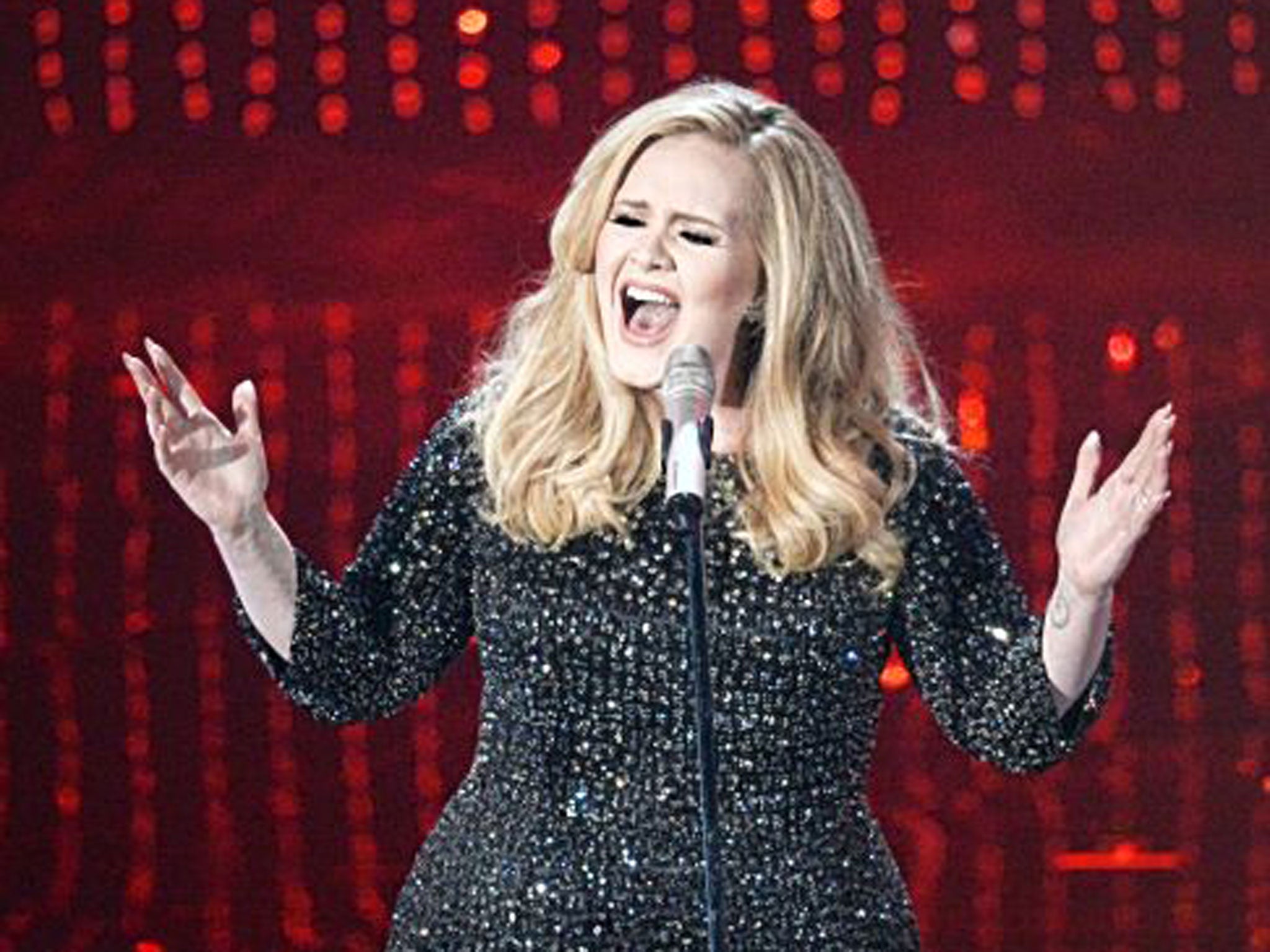What is the best background music for reading?
Adele, Miles Davis and Debussy, says Andy Miller

In 1972, the trumpeter Miles Davis released a new LP called On the Corner. It rapidly became, in the words of the writer Paul Tingen, "the most vilified and controversial album in the history of jazz". Critics from journals such as Downbeat, who already viewed Davis's electric music as a sell-out to rock, detested it; even some of the musicians who played on the album were baffled. And in fairness, even 40 years later, On the Corner can set the unwary listener's teeth on edge.
Miles and his reluctant group sound like they've been awake for days, cranking out the same atonal riff, the tempo never varying, all possibility of self-expression utterly annihilated by the remorseless grind of the music. Quoting Nietzsche on Wagner, the jazz critic Stanley Crouch notoriously described On the Corner as "the greatest example of self-violation in the history of art". But I love On the Corner. When I want to get some serious reading done, this is the record I choose.
I recently wrote a book about the year I spent reading 50 of the greatest and most challenging books in the canon – Jane Eyre, Moby-Dick, War and Peace and so on. As a full-time working and commuting parent, most of this reading was done on trains. Every morning I would board the 6.44am to London and try to focus my pre-office energies on, say, Catch-22 or The Epic of Gilgamesh.
It soon became clear that the challenge lay not just in engaging with the books in question but also in keeping the babble of the carriage at bay: the bing-bong of train manager announcements, the tish-tish-tish of leaky white earbuds, the honking of comedy ringtones, the repetitive beats of the slow-rolling refreshments trolley – TEAS! COFFEES! LIGHT SNACKS! – or the snores emerging from the occupant of an adjacent seat. The perfect sound to accompany Jane Eyre would probably be silence. But silence was not an option.
How to start? When we read, we enter an interzone somewhere between the real world, the world of the book and the wilder shores of our imagination. So Bruno Mars is probably out. One option might be to create a playlist based on the book we happen to be reading eg Iris Murdoch's The Sea, the Sea could be soundtracked by Debussy's La Mer, Charles Trénet's "La Mer", "Ocean Rain" by Echo & The Bunnymen and Adele's "Rolling in the Deep". However in my experience, this bespoke approach tends not to work. Each change of tone yanks the reader forcefully out of the book; too much time will be lost in contemplating one's own cleverness rather than Dame Iris's. And good luck compiling a Gilgamesh playlist.
Over the course of several books, I experimented with finding the music on my iPod which would block out extraneous noise but feed positively into the reading experience. It was surprisingly difficult. All my favourite records were too distracting – so no Kinks, Frank Sinatra or St Vincent. Songs with lyrics, especially good lyrics, were non-starters; concert orchestras, I discovered, were either too hushed or too bombastic; film soundtracks were incongruously syrupy or jarringly over-dramatic; Eno's Ambient 1: Music for Airports, though soothing, did little except provide a gentle sound-bed for other passengers' unsought opinions and coffee-slurping.
I attempted to read Samuel Beckett's fiercely experimental The Unnamable to the strains of Lou Reed's experimentally fierce Metal Machine Music. MMM successfully blotted out the carriage; unfortunately its sheer apocalyptic racket also blotted out the book.
The trick, it seemed, was to find non-vocal, non-melodic music which proceeded at a regular pace and consistent volume without actually being, say, a field recording of the production line at the Ford Motors plant in Dagenham. A lot of krautrock – that wave of German progressive rock from the late 1960s and early 1970s – fits this pattern, groups such as Can, Faust and Neu!. The Galactic Supermarket by Cosmic Jokers provided a sympathetic setting for Toni Morrison's Beloved.
The music pushed me onward while helping me stay in the zone (or interzone), lending some "serious meditative usefulness" to my reading, "serious meditative usefulness" being one of the genre's prime attributes, according to Julian Cope in his excellent book Krautrocksampler, which – not coincidentally – I had read directly before Beloved.
Enjoy unlimited access to 100 million ad-free songs and podcasts with Amazon Music
Sign up now for a 30-day free trial. Terms apply.
ADVERTISEMENT. If you sign up to this service we will earn commission. This revenue helps to fund journalism across The Independent.
Enjoy unlimited access to 100 million ad-free songs and podcasts with Amazon Music
Sign up now for a 30-day free trial. Terms apply.
ADVERTISEMENT. If you sign up to this service we will earn commission. This revenue helps to fund journalism across The Independent.
Of course, great, challenging music like that contained in On the Corner is not utilitarian or functional. It should be engaged with every bit as much as great, challenging literature. And as a soundtrack it may not work for you. But sometimes we need a guiding hand, to help us across the threshold of art – and it can come from some surprising places. Who knows? There may yet be life on Bruno Mars.
'The Year of Reading Dangerously: How Fifty Great Books Saved My Life' by Andy Miller, published by 4th Estate (£12.99)
Join our commenting forum
Join thought-provoking conversations, follow other Independent readers and see their replies
Comments
Bookmark popover
Removed from bookmarks